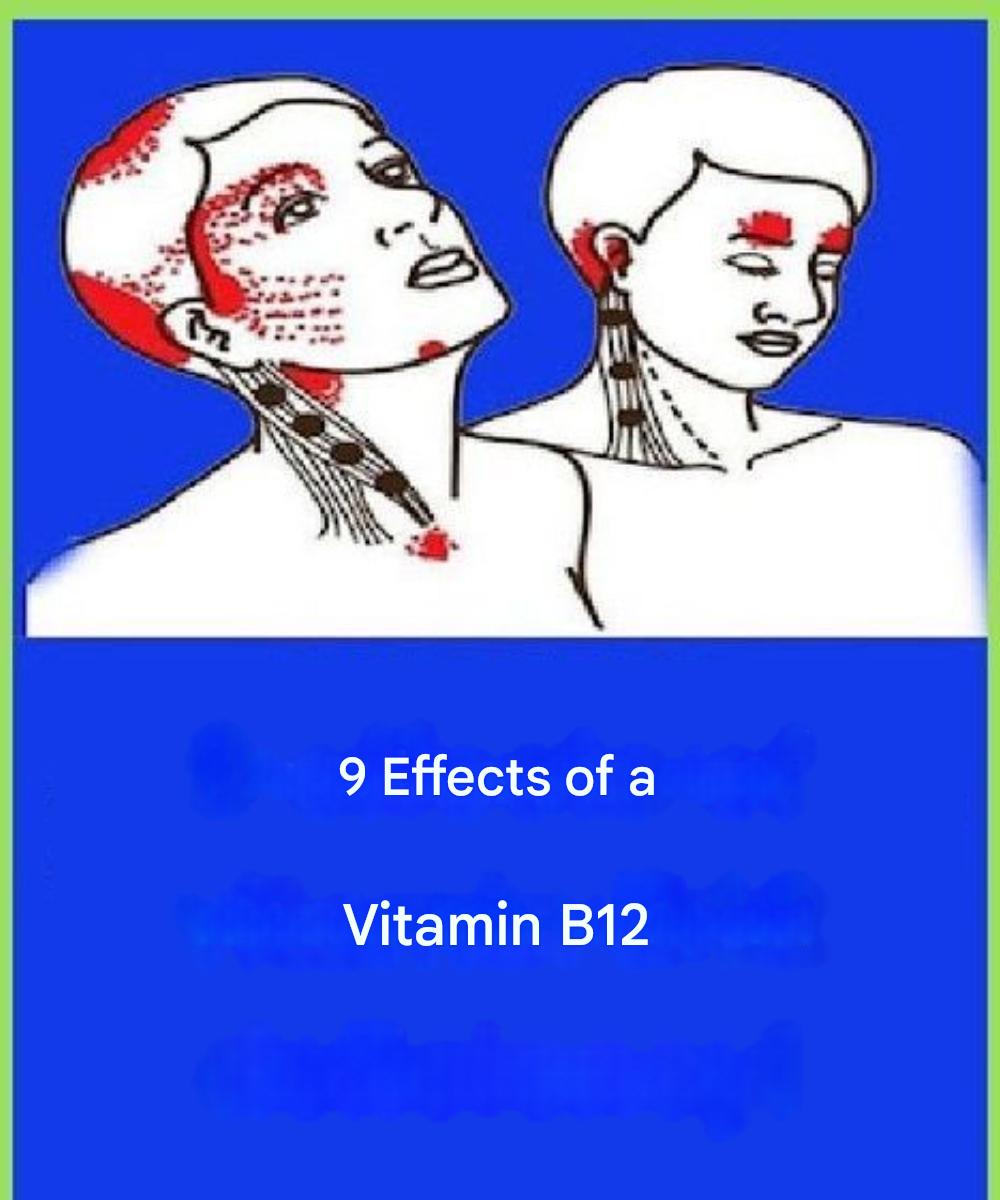4. Tingling or numbness in the hands and feet
Vitamin B12 is important for keeping the nerves healthy. A deficiency can destroy the protective sheath (myelin) around your nerves, leading to neurological symptoms such as tingling, numbness, or a “tingling” sensation — most commonly in the hands and feet.
5. Balance and coordination problems
As nerve damage progresses, it can affect your motor control. There may be uncertainty when walking, frequent stumbling or coordination difficulties. This effect is especially dangerous in older adults, as it can increase the risk of falls and related injuries.
6. Memory loss or cognitive decline
Low vitamin B12 levels have been linked to memory problems, confusion, and in severe cases, even dementia-like symptoms. The vitamin plays an important role in brain function, and a long-term deficiency can affect concentration, thinking, and overall mental clarity.
7. Mood swings: depression and irritability

Vitamin B12 affects the production of brain chemicals such as serotonin and dopamine, which are crucial for regulating m00d. A deficiency can cause depression, anxiety, irritability, or general m00d fluctuations. Several studies recommend that B12 supplementation can improve mood in individuals with low levels.
8. Glossitis and mouth ulcers
A B12 deficiency can cause glossitis – a swollen, red, and painful tongue. It can also lead to mouth ulcers, a burning sensation in the mouth, or even a decreased sense of taste. These effects can make eating and speaking uncomfortable and can initially be confused with other conditions.
9. Blurred or impaired vision
In rare cases, vitamin B12 deficiency can affect your vision. Damage to the optic nerve (optic neuropathy) can lead to blurred or double vision, sensitivity to light or visual disturbances. Although this effect is uncommon, it is a warning sign that your deficiency is becoming severe.
Who is at risk?

Certain groups are more likely to suffer from vitamin B12 deficiency, including:
- People over 60 (due to reduced stomach acid production)
- Vegans and vegetarians (B12 is mainly found in animal products)
- People with digestive disorders (such as Crohn’s disease or celiac disease)
- People who take certain medications (such as metformin or acid reducers)
What you can do
If you’re experiencing any of the above symptoms — especially if you fall into one of the higher risk categories — it’s a good idea to talk to your doctor. With a simple bl00d test, you can check your vitamin B12 levels.
Final Thoughts
Vitamin B12 may not get as much attention as other nutrients, but its effects on the body and mind are significant.
